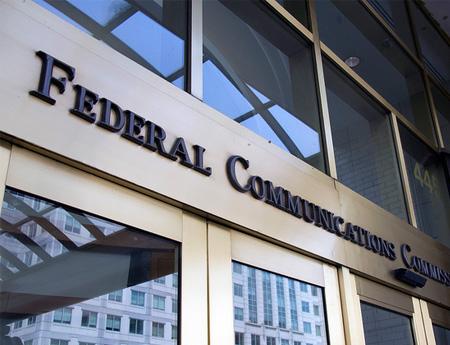FCC Waives Step-Up in Lifeline Usage Minimums

The smarter way to stay on top of the multichannel video marketplace. Sign up below.
You are now subscribed
Your newsletter sign-up was successful
The FCC has decided not to raise the minimum broadband usage standard for its Lifeline subsidized mobile broadband service from 2 GB to 8.75 GB per month starting Dec. 1, instead raising it by 1 GB to 3 GB per month. But it has declined to delay the phase-down of carrier support for service that does not meet that 2 GM minimum.
Lifeline is the Universal Service Fund program to subsidize communications services to low income residents.
Related: Pai Launches Investigation of Sprint for Lifeline Abuse
The vote was 3 to 2, with Democrats Jessica Rosenworcel and Geoffrey Starks dissenting.
CTIA and others had sought a waiver of the four-fold increase in the minimum, and also wanted the FCC not to decrease the subsidy from $9.25/month to $7.25/month for those carriers not meeting the broadband minimum, which would include mobile voice-only service.
The FCC is migrating the subsidy from voice to broadband.
"We believe a 3 GB per month minimum standard balances the core objectives of bringing the mobile broadband usage available to our nation’s most vulnerable consumers more in line with what other Americans expect and receive from their service, while maintaining a service that is affordable for low-income consumers," the FCC said in granting the petition in part and denying it in part.
The smarter way to stay on top of the multichannel video marketplace. Sign up below.
The commission said that the unexpectedly large growth in mobile broadband and the resulting four-fold increase in the standard due to the formula for that calculation adopted by the FCC under then chairman Tom Wheeler in 2016 was sufficient cause to grant the waiver to the extent that the commission will cap the minimum at 3 GB per month beginning Dec. 1.
But the FCC said there was no good cause for waiving the phase-down of support for noncompliance with that minimum standard.
"Though the record contains no clear evidence on the extent of additional costs, which makes it difficult to precisely quantify the likely effect of an increase in the minimum usage allowance," the FCC majority said. "[W]e find it reasonable to anticipate that a more than four-fold increase in the minimum usage allowance would require substantially greater network resources, and, in turn, the associated costs would be passed along to resellers and/or end-users. Absent a more substantial transition period, the large increase in the minimum standard for mobile broadband usage could unduly disrupt service to existing Lifeline subscribers."
Related: Markey Leads Counter-Charge Over USF Cap
The FCC concluded that the potential benefits of a big increase standard were outweighed by what it said would be the hardship on Lifeline subs and that the increase was greater than the FCC had envisioned when establishing the calculation for increasing the minimum. "In practice, the primary methodology for updating the minimum standard for mobile broadband usage under the Lifeline program’s rules yields a far larger year-over-year change than we believe the Commission anticipated," the FCC said.
Rosenworcel said she was dissenting because she thought the FCC should have granted the waiver of the support phase-down for voice service, citing the unintended consequences for those who still rely on Lifeline for voice services.
Starks said that given that the FCC was currently reviewing the Lifeline market, it should not have made changes until that report was completed. He also agreed that the voice-only subsidy phase-down was problematic.
Contributing editor John Eggerton has been an editor and/or writer on media regulation, legislation and policy for over four decades, including covering the FCC, FTC, Congress, the major media trade associations, and the federal courts. In addition to Multichannel News and Broadcasting + Cable, his work has appeared in Radio World, TV Technology, TV Fax, This Week in Consumer Electronics, Variety and the Encyclopedia Britannica.

